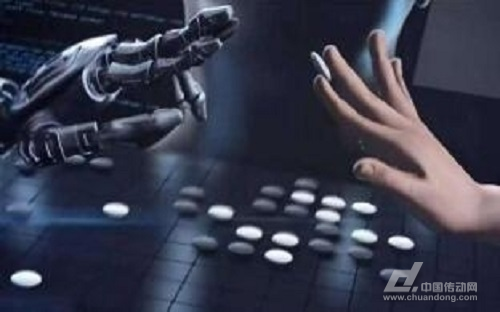On October 19, *Nature* magazine published a groundbreaking development from Google’s DeepMind team: a revolutionary AI system named AlphaZero. Unlike its predecessor, AlphaGo, which relied heavily on human expertise and extensive training, AlphaZero was completely self-taught. It required only three days of self-play to master the game of Go and defeated AlphaGo with a stunning score of 100 to 0.

This achievement has sparked both excitement and concern among experts and the public alike. Some people are alarmed by the implications, with one observer stating, “In the past, we believed that ‘knowledge is power.’ Now it seems that data and machine learning may be even more powerful than traditional knowledge and human experience.†There are even more pessimistic views suggesting that artificial intelligence might soon no longer need human guidance at all.
However, this conclusion is not entirely accurate. While AlphaZero has surpassed human experience in certain areas—discovering new strategies that even top Go players hadn’t considered—it still relies on human input in fundamental ways. The breakthrough lies in its ability to become a “master†of the game from scratch, without any prior knowledge or instruction. Unlike AlphaGo, which learned from thousands of human games, AlphaZero plays against itself, learning through trial and error and becoming its own teacher.
This development shows that in some fields with clear rules, such as Go, AI can operate independently of human knowledge. But it doesn’t mean that human insight is obsolete. At a recent smart summit hosted by Dawning, Academician Li Guojie from the Chinese Academy of Engineering emphasized that while machine learning can achieve remarkable results in structured problems like protein folding or material discovery, domain knowledge remains essential for exploring unknowns and interpreting complex scenarios.
The field of artificial intelligence has entered the era of AI 2.0. Yet, in terms of foundational theory, there are still many mysteries waiting to be uncovered. After World War II, J. Robert Oppenheimer, the leader of the Manhattan Project, once remarked: “We had a big, fruitful tree and we shook it desperately, resulting in radar and the atomic bomb… it was the madness and brutal plunder of the known, without any serious and humble exploration of the unknown.â€
These words remain relevant today. After 60 years of growth, AI has become a towering tree. Have we merely picked fruits from the ground, or have we taken the time to plant new seeds with seriousness and humility? The answer is clear.
In reality, AI still needs a lot of “domain knowledge.†For example, why is deep learning so effective? No one fully understands yet. Some researchers suggest that the process of “physical reorganization†in deep learning is strikingly similar to quantum mechanics. These fundamental questions require continued exploration—and that means relying on human insight, not just machines.
USB charger, USB Adaptor, Charging USB Ports, USB quick charger
NINGBO COWELL ELECTRONICS & TECHNOLOGY CO., LTD , https://www.cowellsocket.com